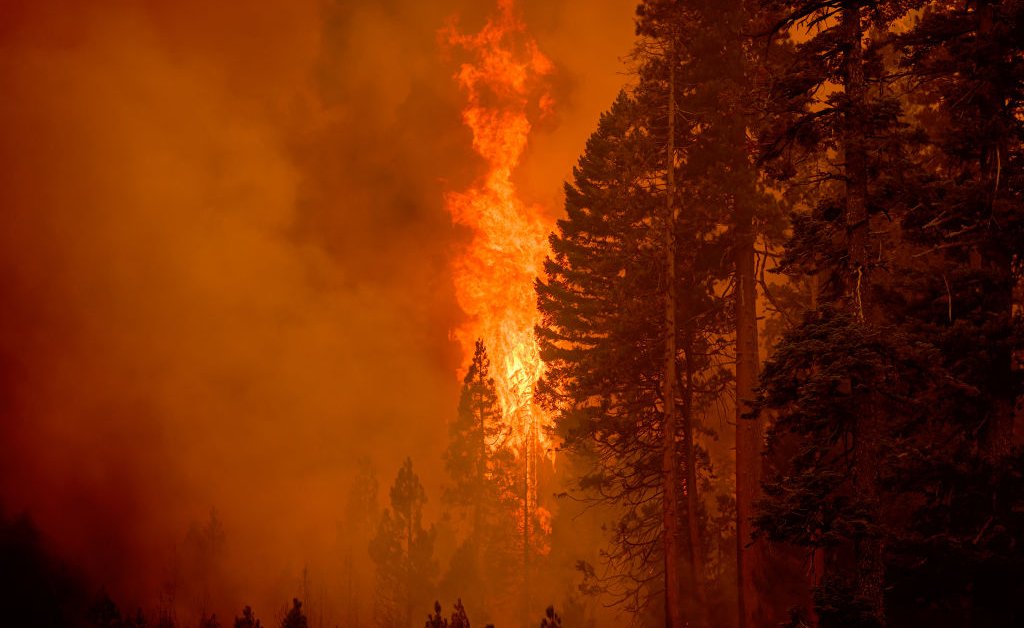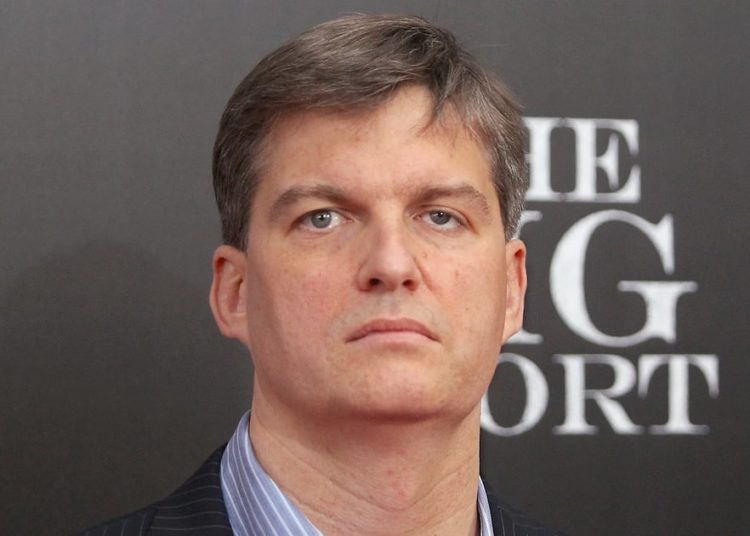Ten years ago the world met in France to agree the landmark Paris Agreement—a global commitment signed by almost 300 nations to ward off catastrophic climate change. Among the goals set was the aspirational target of having global greenhouse gas emissions reach their peak levels by 2025, and then decline after that in an effort to limit warming to 1.5°C above preindustrial temperatures. With two months left before the end of the year, and one week until the start of this year’s U.N. climate summit, COP30, in Belém, governments will most likely fail to meet that goal.
“Let’s recognize our failure,” U.N. Secretary General António Guterres said in an interview with the Guardian and Amazon-based news organization Sumaúma. His warning comes after analyzing countries’ climate plans, which he says are not ambitious enough to avoid breaching this target, at least temporarily. “The truth is that we have failed to avoid an overshooting above 1.5C in the next few years.” Guterres warned that as a result, the world could face “devastating consequences.”
The 1.5 target was a critical component of the Paris Agreement that took careful diplomacy to ensure it was included in the final deal. To remain on track, emissions would have needed to peak by the end of this year, and be nearly halved by 2030, compared to 2019 levels.
But that’s not quite the case. Last year was the warmest year on record, and was the first year in which the average global temperature clearly passed 1.5°C. And according to the most recent data, in 2024 global greenhouse gas emissions increased 1.3% compared to the year before. While one year alone of 1.5°C average global temperatures doesn’t mean that threshold has been irreversibly breached, research suggests that it likely means the world will exceed 1.5°C over the next 20 years. And the impacts of continued warming are being felt around the globe.
Read more: L.A. Fires Show the Reality of Living in a World with 1.5°C of Warming
This global temperature benchmark was meant to create a guardrail to protect the world from the dangerous effects of warming. “Between 1.5 and 2 degrees of warming, critical impacts are expected to accelerate rapidly,” says Joeri Rogelj, professor of climate science and policy at Imperial College London. “And these impacts are, for example, on ecosystems, on tropical coral reefs, on Alpine ecosystems, on Arctic ecosystems, which we know and we see already today, are suffering tremendously under the global warming that we are experiencing today.”
To reach that goal, countries submitted their own climate action plans, known as nationally determined contributions (NDCs) as part of the Paris Agreement. While they helped some nations make progress in emissions reduction, it hasn’t been enough to offset high economic growth, says Adrian Raftery, a University of Washington professor emeritus of statistics and sociology, whose work focuses on environmental science. “It turns out that in the past decade since the Paris accord was agreed, in spite of the great progress in carbon intensity and carbon efficiency, the total amount of carbon emissions in the world actually went up instead of down.” An increase in global GDP largely contributed to the rise in emissions according to his research.
Raftery recently led a study that examined the likelihood of when the world will see global emissions finally peak. The researchers found that there’s a 22% chance emissions will peak in 2025, and a 90% chance it will occur by 2045.
Ahead of COP30, countries are now submitting new NDCs that will last until 2035. If all countries—excluding the U.S., which is withdrawing from the Paris Agreement—meet their updated NDCs, warming will be limited to 2.1°C, according to Raftery.
In a report published last week, the United Nations said that just over 60 countries have submitted updated domestic plans to reduce greenhouse gas emissions—with more than 100 countries failing to submit them as of the report date. Based on the plans submitted so far, which also included an NDC submitted by the U.S. in the final days of Joe Biden’s presidency before President Donald Trump withdrew from the agreement, greenhouse gas levels would be only 6% below the projected 2030 level reported in previous NDCs, around 13 gigatons of greenhouse gas emissions. In order to limit warming to 1.5°C, emissions would need to fall by about 45% from 2010 levels by 2030.
But not all hope is lost. The International Court of Justice advisory opinion on climate change published in July ruled that countries are legally obliged to protect and prevent harm to the environment. “That actually makes it much easier for a lot of countries and governments to actually push through with more ambitious climate action,” says Friederike Otto, professor in climate science at Imperial College London. And renewables are becoming cheaper and more widespread than fossil fuels. For the first time ever, renewable energy has overtaken coal as the primary source of electricity around the world, contributing 34.3% of all global electricity generated in the first half of 2025, while coal fell to 33.1%, according to the energy think tank Ember.
Though emissions will likely not peak this year, it does not mean that we’re unable to stop global warming entirely. “Even if we try and aim for 1.5 and end up with 1.6 that’s much, much better than not trying and saying. ‘Okay, we’ll just go with what we have now and give up on the rest,” says Otto. Continuing to push for emissions reductions is still essential, she says. “We can talk about temperature goals as much as we want, but without net-zero emissions, none of them are achievable.”
Overshooting the 1.5°C mark will have an impact. “Exceeding 1.5 comes with consequences,” Rogelj says. “We don’t return to the same world after an overshoot.”
The post The World Is Failing Its 2025 Paris Agreement Target. Now What? appeared first on TIME.




